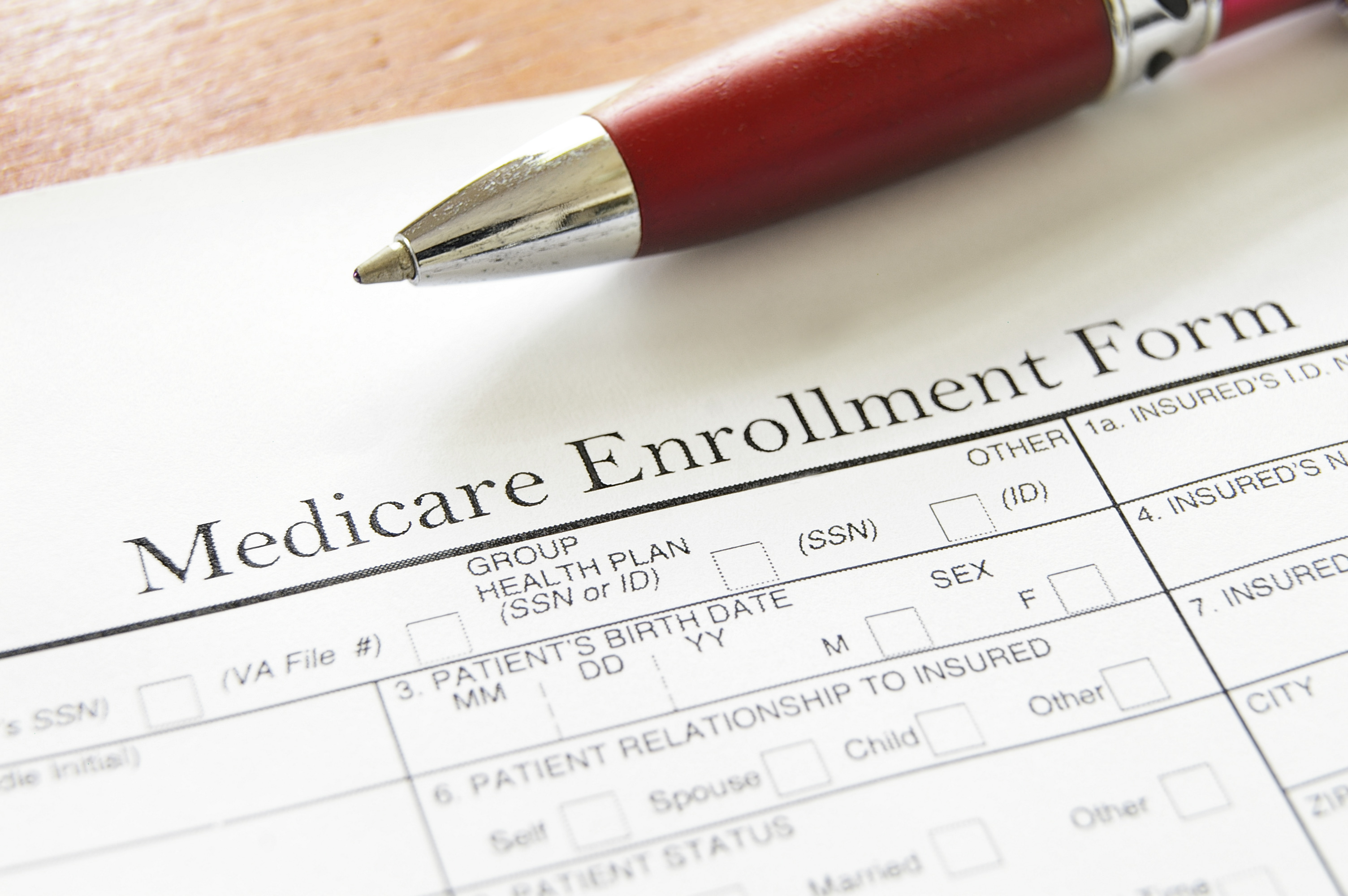- HOME
- SERVICES
- WHERE TO BEGIN
- LOCATIONS
- RESOURCES
- HEALTH PLAN SERVICES
- CAREERS
- EMPLOYEES

Five Things You Need to Know About Medicare, Medicaid and Home Health Care
As families begin to consider the options for a loved one in need of care, the research process begins. For many of us, it’s critical to explore not only the benefits of each care plan, but the financial aspects of this important decision. Will Medicare and Medicaid cover a family’s preferred form of care, or will it need to be supplemented with direct (private pay) services?
Home health care offers significant benefits to patients, both medically and financially. As the Centers for Medicare & Medicaid Services explains, “Home health care is usually less expensive, more convenient than, and just as effective as care you get in a hospital or skilled nursing facility.” In addition to being more cost-effective than other options, Medicare and Medicaid can help cover the costs for those who are eligible.
What do you need to know?
- Medicare deems patients eligible if the doctor managing their care certifies that specific services are needed.
The doctor must review the patient’s care regularly and certify that services for intermittent skilled nursing care, physical therapy, speech-language pathology services and/or continued occupational therapy are needed. “Intermittent” (or part-time) skilled nursing care is patient care that is not needed around the clock or every day of the week. Rather, it is provided fewer than seven days per week and for less than eight hours during the course of a day. (There are some exceptions for special temporary circumstances – with doctor certification – of when extended care will no longer be needed.)
- As well as skilled nursing care, physical therapy, speech-language pathology and occupational therapy, Medicare will cover medical social services and medical supplies.
Medical social services may include emotional and social concerns related to the patient’s condition and can require counseling or identifying resources in the community that could be beneficial. Medical supplies that pertain to the patient’s condition (such as bandages) may be ordered and can be covered as part of the care as well. When medical equipment (such as a walker or wheelchair) is ordered by a doctor, Medicaid generally pays for these separately, and usually covers about 80% of the cost.
- The home health care agency providing care must be Medicare-certified.
In order for care to be eligible for coverage, services must be provided by a Medicare approved agency. Premier Home Health Care, for example, is Medicare-certified in New York City. We participate in programs such as Medicare Advantage.
- Medicaid can also help cover home health care costs.
A joint federal and state program, Medicaid requirements vary from state to state, and names of the program may be worded differently. Some patients may qualify for both Medicare and Medicaid, making them “dual eligible.” For those with Medicare and full Medicaid coverage, patients may find that most of their healthcare costs are covered. Premier Home Health Care, for example, participates in Medicaid Managed and Medicaid Managed Long Term Care provider networks.
- Patients have rights
Patients have the right to written and verbal information about how much Medicare will cover, as well as out-of-pocket expenses. Families should also know that their loved ones have the right to appeal Medicare decisions about coverage. If a service or item prescribed for your care is declined, your loved one is entitled to a fair, efficient and timely appeal process. (The patient’s doctor should supply supporting documents for the appeal.)
How can Premier Home Health Care help?
We know when faced with managing care for a loved it can be a trying time for a family. Evaluating financial options can feel overwhelming. At Premier Home Health Care, we’ll help you throughout the process, verifying your health care coverage for you (given your family member’s specific enrollment plans). Our caring staff is also here (24 hours per day, 7 days a week) to answer questions, help manage emergencies, and offer consultations.
Contact us at 1-866-263-5118.
